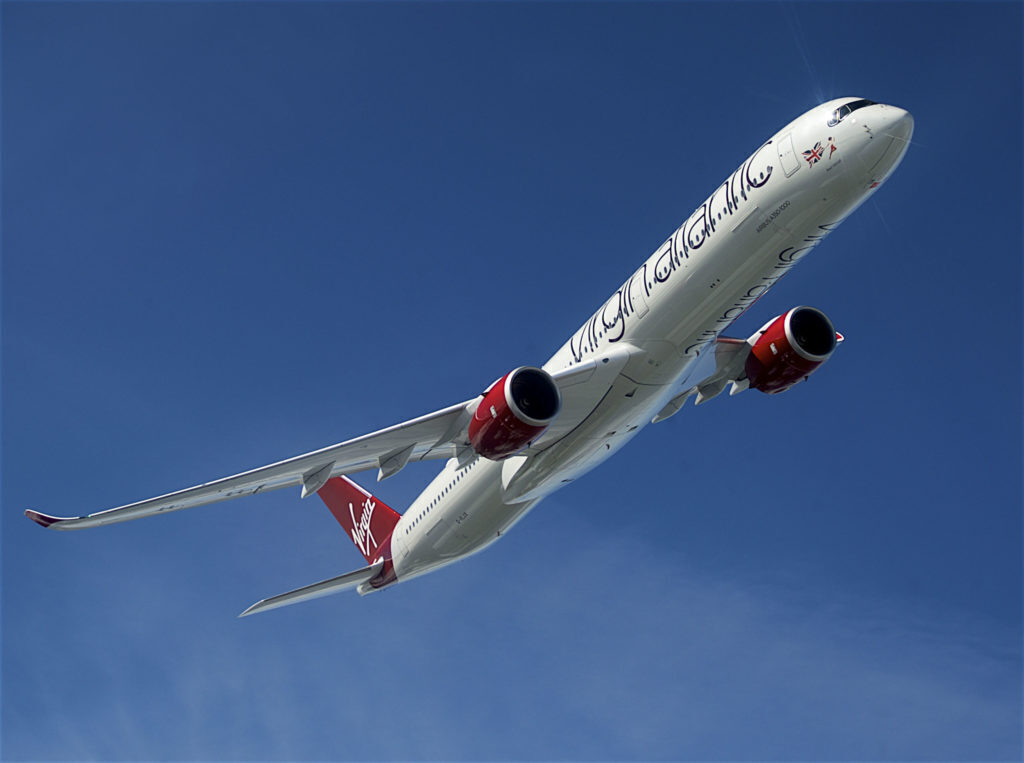The UK has revealed plans to launch a Global Travel Taskforce in order to figure out a way to restart worldwide travel safely. Initial consultations will revolve around testing, with a view to defining the feasibility of shortening the quarantine period for arrivals into the UK. Virgin Atlantic released a statement largely supporting the move but reiterated that speed is of the essence to open up borders.

UK sets up travel taskforce
Yesterday saw the announcement of the formation of a ‘taskforce’ in the UK, a group charged with finding ways to return to global travel safely. Called the ‘Global Travel Taskforce’, this group will initially be considering how to reduce current quarantine requirements through increased testing.
As part of the announcement, Transport Secretary for the UK, Grant Shapps, commented,
“This new taskforce will not only help us move towards safer, smoother international travel as we continue to battle this virus but will also support global connectivity – helping facilitate more covid secure travel whilst protecting the population from imported cases.”
The group is planning to work with partners in aviation, travel, healthcare, and testing in order to develop an operationalized approach to screening for COVID. A front runner for a solution to the situation is a test on arrival, followed by a shorter isolation period.
Stay informed: Sign up for our daily aviation news digest.

Virgin Atlantic stresses the need for rapid action
While the news was largely met with a positive response from the travel industry, airlines were keen to stress that time is of the essence. British long-haul airline Virgin Atlantic emphasized that every day counts, and called for a firm decision by November. A Virgin Atlantic spokesperson told Simple Flying,
“[Yesterday’s] announcement represents much needed progress, but every day counts when Britain’s economy and half a million jobs that rely on aviation are at stake.
“We support the Government’s decision to opt for a single-test, private sector-led, passenger-funded approach that does not compete for, nor divert, vital NHS testing resources, to reduce travel restrictions while protecting public health. But a firm commitment that a comprehensive testing regime will be implemented in November is required to boost consumer confidence, enable global travel and protect jobs.”

The taskforce has committed to presenting its initial recommendations by next month. However, any rollout of these recommendations is likely to take a little while longer.
Calling for transatlantic trials
Although Virgin largely supports the implementation of more testing and less quarantine, it is clearly keen to get transatlantic travel reopened. With trips across the Atlantic making up a large part of Virgin’s operations, it’s no surprise that the airline is keen to get traffic on this market flowing again. The airline spokesperson continued,
“A test on five days, which the Government’s own evidence suggests would be ‘highly effective’, must be the starting point. Trials between Heathrow and New York should take place in parallel to generate real world data for a pre-departure and on arrival testing approach, as well as regional mainland travel corridors, so that policy can quickly evolve. Removing quarantine is the only way to truly open up the skies and enable the UK’s economic recovery to take-off.”

Virgin is not the only airline keen to see transatlantic testing trials. Fellow UK airline British Airways has also spoken out about the need to reopen this market, with boss Alex Cruz offering the airline’s services to be part of any trial. Speaking in Parliament last month, Cruz said,
“It’s time for us, as a nation to run some tests, and to commit to a testing regime that will remove the time that is required for a quarantine process, and then we’ll remove this terrible requirement that it has that is disabling the recovery of air travel in and out of the UK.
“I want to reiterate the commitment of British Airways to supporting any such trials, but please let’s do it quickly. If we could start tomorrow, it would help the British economy.”
So far, no plans are in place for a transatlantic testing trial, but perhaps we’ll see something before the year is out.
[ad_2]
Source link


